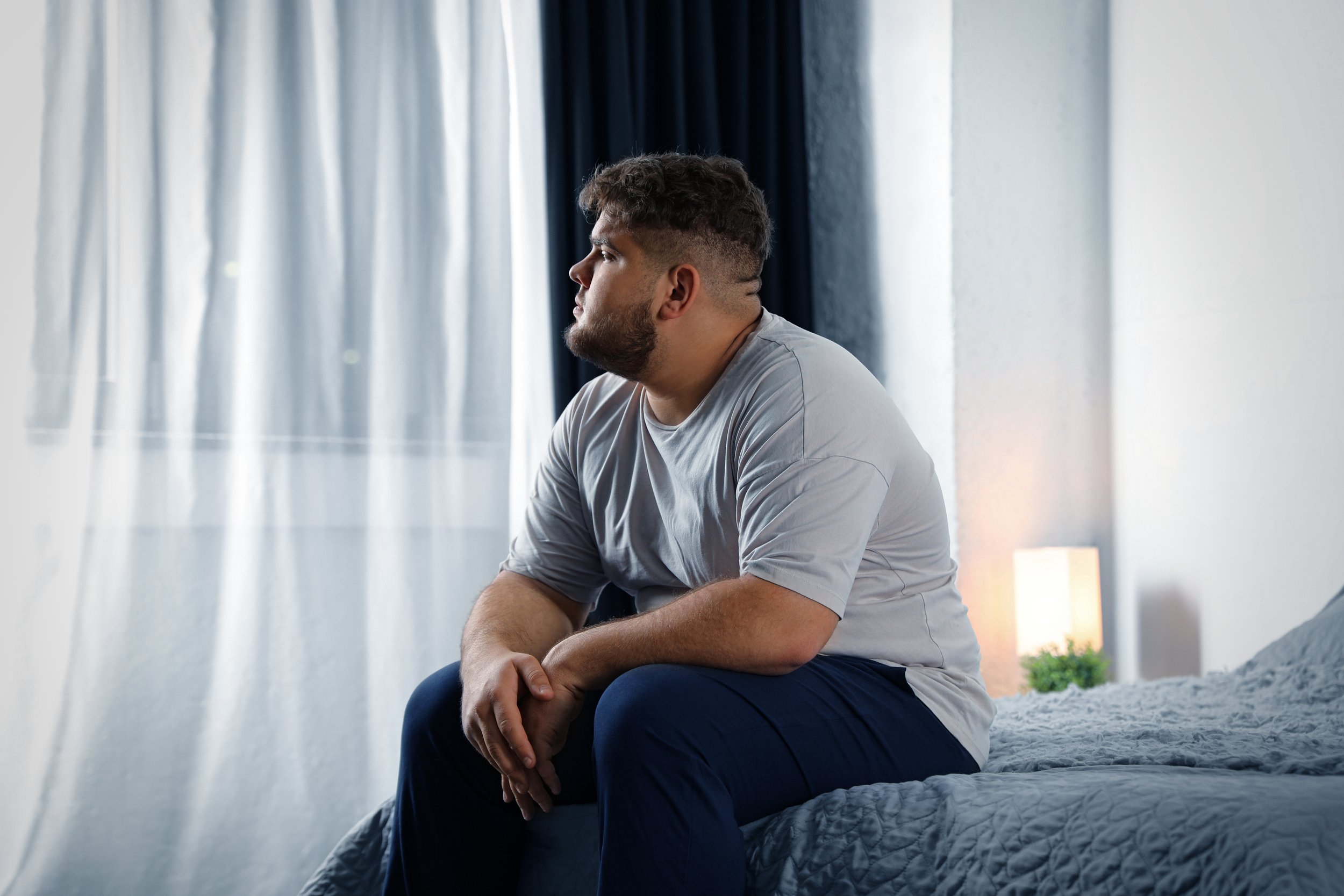Relationship Blues
Depression is like a tornado; it sucks up energy, wreaks havoc on your feelings of self-worth, and can storm through relationships. With post Covid blues, depression is ubiquitous it the United States, about one in six people currently struggle with it. And unfortunately, not all relationships survive the depression cyclone.
As a couple’s therapist I have seen both sides of the depression coin. Research shows that when one partner has depression, their relationship satisfaction drops (APA). People with depression often feel immense shame about their limited capacity to help around the home. They often feel “like a burden” and are scared of what their partner may think of them. People who struggle with depression also experience a lot of negative self-talk, which often reinforces their isolation and feelings of loneliness. It is difficult for a person with depression to discern their depression voice versus the reality. People with depression tend to hyper fixate on the problems in their relationship (Rehman, 2015). Depression seeps into relationships by making the relationship seem like the problem, instead of the depression being the problem. Ultimately, depression is a connection blocker, making intimacy more difficult to access.
People who are living with a depressed partner often feel overwhelmed and resentful due to their partner’s depression. They struggle to see their partner as separate from their depression. Partners are impacted by the negativity brought on by the depression. Negativity brings relationship satisfaction down for both partners and fuels anxiety in the relationship.
Thankfully, there is hope. With the right relational tools, couples can find shelter from the storm. Discuss with each other (and with a couple’s therapist!) how depression has impacted your relationship. Be open to receiving your partner’s experience. Work on building up positive interactions in your relationship. Take notes about each time your partner does something to care for you and express gratitude. Carve out time for intimacy and connection. And most importantly, remember that depression is an illness, it will and can get better.

